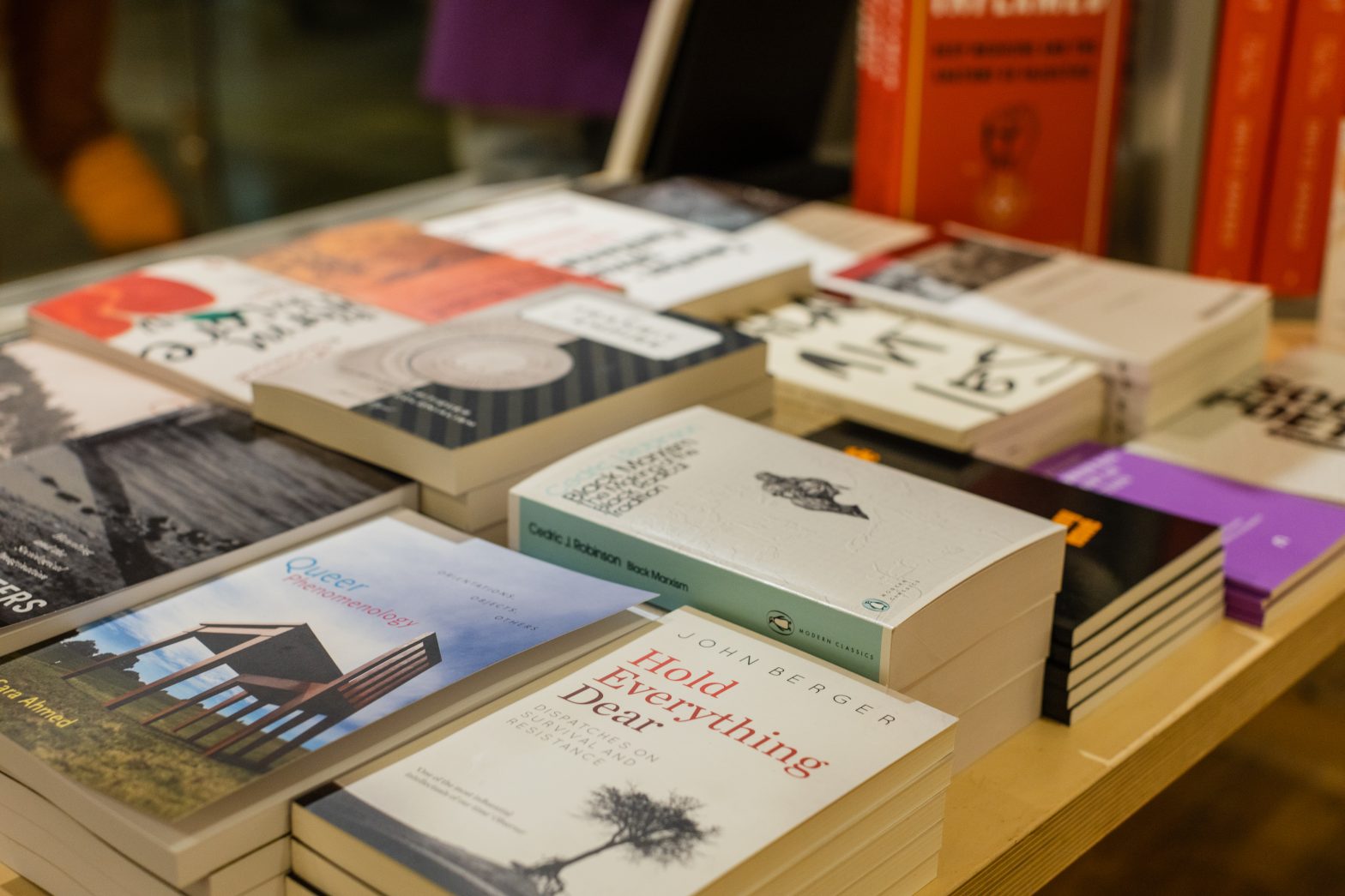The books on this list are recommendations from the artist Jesse Darling, and relate to their major exhibition No Medals No Ribbons at Modern Art Oxford, as well as their wider practice and thinking. Many of the titles are available in the Modern Art Oxford Shop.
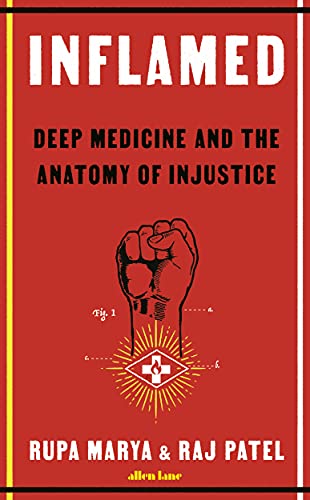
Inflamed: Deep Medicine and the Anatomy of Injustice by Rupa Marya
‘Health is not something we can attain as individuals, for ourselves, hermetically sealed off from the world around us. An injury to one is an injury to all.’
Our bodies, societies and planet are inflamed. In this boldly original book, renowned political economist Raj Patel teams up with physician Rupa Marya to illuminate the hidden relationships between human health and the profound injustices of our political and economic systems. In doing so, they offer a radical new cure: the deep medicine of decolonization.
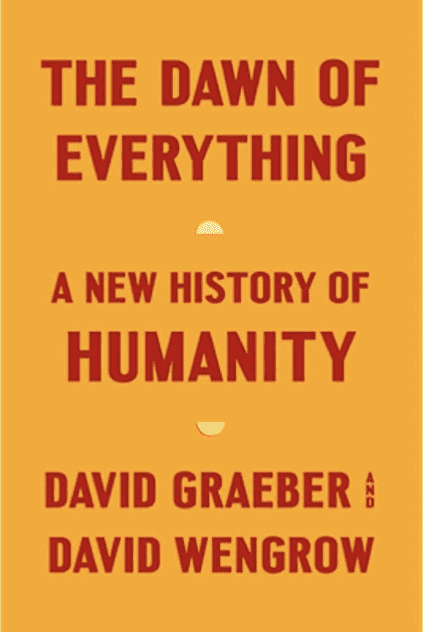
The Dawn of Everything: A New History of Humanity by David Graeber and David Wengrow
‘This is not a book. This is an intellectual feast’ Nassim Nicholas Taleb
For generations, our remote ancestors have been cast as primitive and childlike – either free and equal, or thuggish and warlike. Civilization, we are told, could be achieved only by sacrificing those original freedoms or, alternatively, by taming our baser instincts. David Graeber and David Wengrow show how such theories first emerged in the eighteenth century as a reaction to indigenous critiques of European society, and why they are wrong. In doing so, they overturn our view of human history, including the origins of farming, property, cities, democracy, slavery and civilization itself.
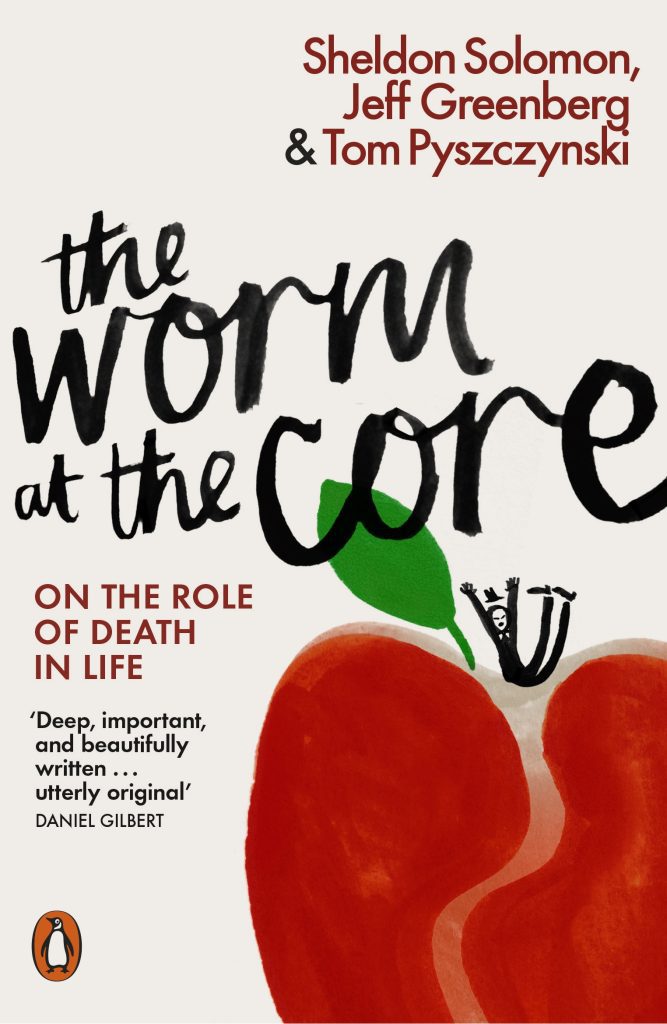
The Worm at the Core: On the Role of Death in Life by Sheldon Solomon, Jeff Greenberg and Tom Pyszczynski
Proof of a ground-breaking psychological theory: that the fear of death is the hidden motive behind almost everything we do.
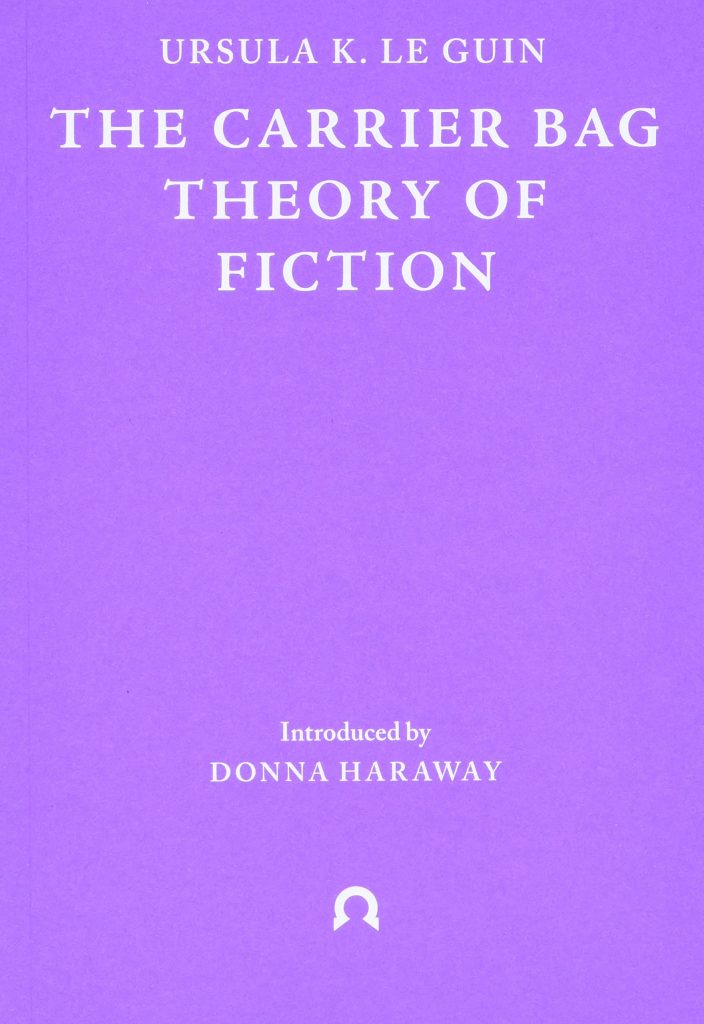
The Carrier Bag Theory of Fiction by Ursula K. Le Guin
Visionary author Ursula K. Le Guin tells the story of human origin by redefining technology as a cultural carrier bag rather than a weapon of domination, opening a portal to terra ignota, where the possibilities of human experience and knowledge can be discovered anew.
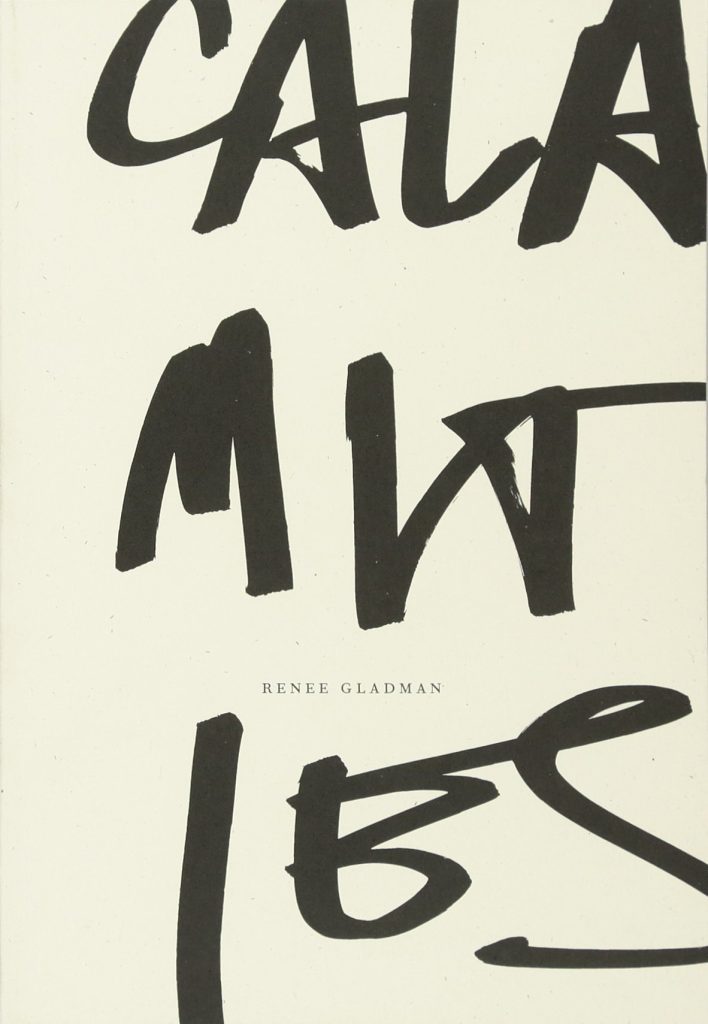
Calamities by Renee Gladman
A collection of linked essays concerned with the life and mind of the writer by one of the most original voices in contemporary literature. Each essay takes a day as its point of inquiry, observing the body as it moves through time, architecture, and space, gradually demanding a new logic and level of consciousness from the narrator and reader.
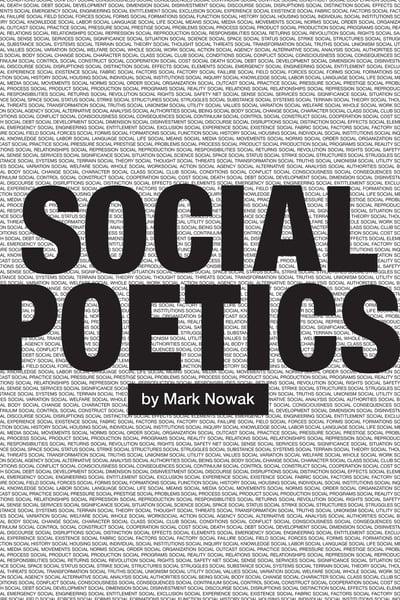
Social Poetics by Mark Nowak
Social Poetics documents the imaginative militancy and emergent solidarities of a new, insurgent working class poetry community rising up across the globe. Part autobiography, part literary criticism, part Marxist theory, Social Poetics presents a people’s history of the poetry workshop from the founding director of the Worker Writers School. Nowak illustrates not just what poetry means, but what it does to and for people outside traditional literary spaces, from taxi drivers to street vendors, and other workers of the world.
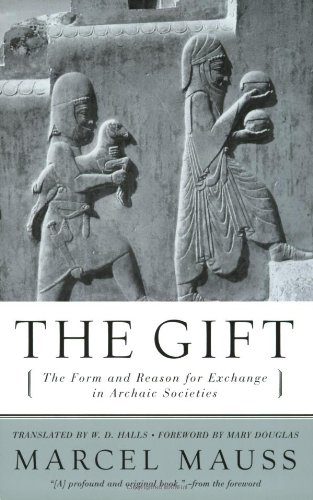
The Gift by Marcel Mauss
In this, his most famous work, Marcel Mauss presented to the world a book which revolutionized our understanding of some of the basic structures of society. By identifying the complex web of exchange and obligation involved in the act of giving, Mauss called into question many of our social conventions and economic systems. In a world rife with runaway consumption, The Gift continues to excite and challenge.
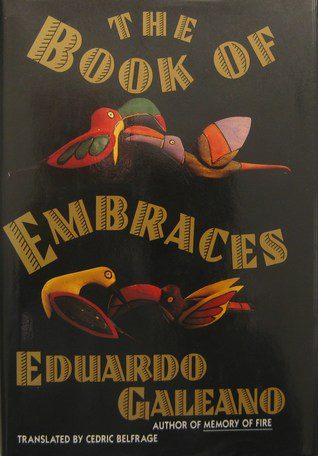
The Book of Embraces by Eduardo Galeano and Cedric Belfrage
Parable, paradox, anecdote, dream, and autobiography blend into an exuberant world view and affirmation of human possibility.
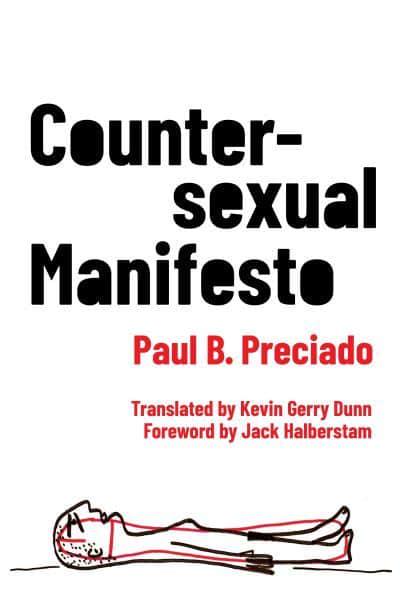
Countersexual Manifesto by Paul B. Preciado. Translated by Kevin Gerry Dunn. Foreword by Jack Halberstam
Countersexual Manifesto is an outrageous yet rigorous work of trans theory, a performative literary text, and an insistent call to action. Seeking to overthrow all constraints on what can be done with and to the body, Paul B. Preciado offers a provocative challenge to even the most radical claims about gender, sexuality, and desire.
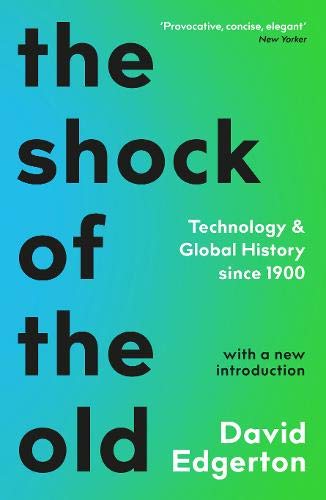
The Shock of the Old: Technology and Global History since 1900 by David Edgerton
‘It’s rare for a book to make you see the world differently, but this … does exactly that on almost every page’ Guardian
Shock of the Old forces us to reassess the significance of old inventions such as corrugated iron and sewing machines and rethink the relative importance we place on the invention of something new, its application, and its widespread adoption. It challenges the idea that we live in an era of ever increasing change and, interweaving political, economic and cultural history, teaches us to think critically about technology.
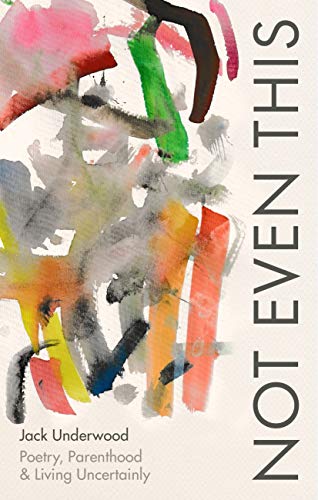
Not Even This: Poetry, parenthood and living uncertainly by Jack Underwood
In this highly original book-length lyric essay, a father and poet reflects on how his daughter’s birth at a time of great global uncertainty inspired him to rediscover with fresh urgency the importance of language as a realm of ‘intimacy, overlap, hope and trust’.
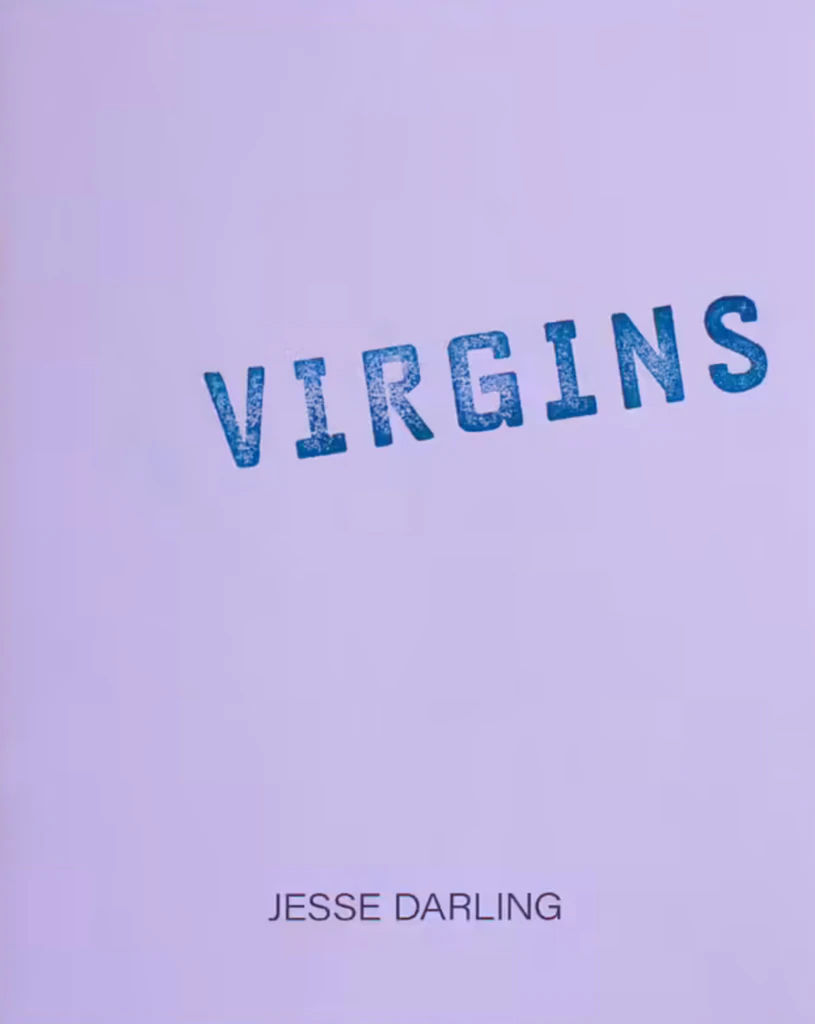
Virgins by Jesse Darling
The first collection of poetry by Jesse Darling. “Experiential and mapped, VIRGINS takes us on car rides, through hotel rooms and up close to meat viscera and enamel structures. Oscillating through binaries, concepts of innocence and experience are dragged by their creaturely haunches by ‘gathered clumps’ of characters who play, fight, bathe, fuck and browse on the burning pyre of old ideas.”
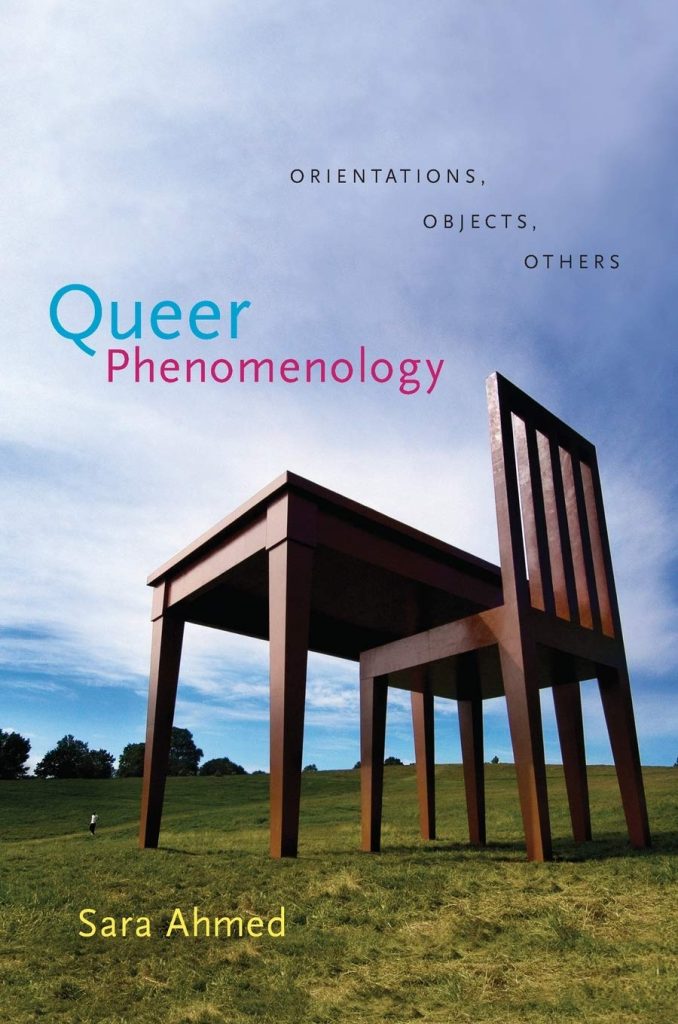
Queer Phenomenology: Orientations, Objects, Others by Sara Ahmed
In this groundbreaking work, Sara Ahmed demonstrates how queer studies can put phenomenology to productive use. Focusing on the “orientation” aspect of “sexual orientation” and the “orient” in “orientalism,” Ahmed examines what it means for bodies to be situated in space and time. Bodies take shape as they move through the world directing themselves toward or away from objects and others. Being “orientated” means feeling at home, knowing where one stands, or having certain objects within reach. Orientations affect what is proximate to the body or what can be reached. A queer phenomenology, Ahmed contends, reveals how social relations are arranged spatially, how queerness disrupts and reorders these relations by not following the accepted paths, and how a politics of disorientation puts other objects within reach, those that might, at first glance, seem awry.
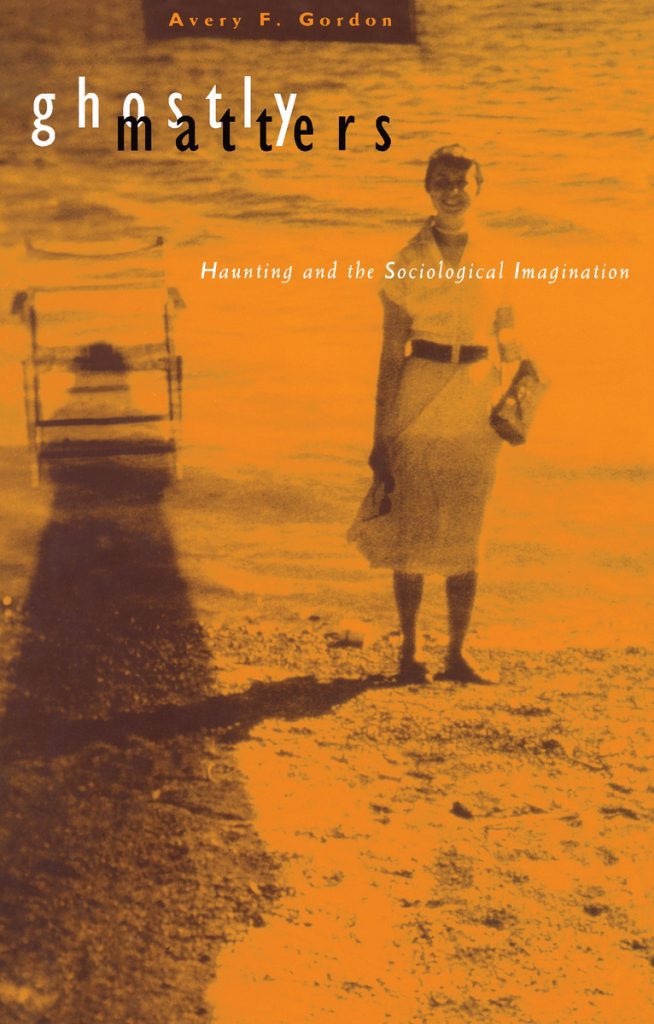
Ghostly Matters: Haunting and the Sociological Imagination by Avery F. Gordon
Written with a power to match its subject, Ghostly Matters demonstrates that past or haunting social forces control present life in different and more complicated ways than most social analysts presume. Avery Gordon’s influential work has advanced the way we look at the complex intersections of race, gender, and class as they traverse our lives in sharp relief and shadowy manifestations.
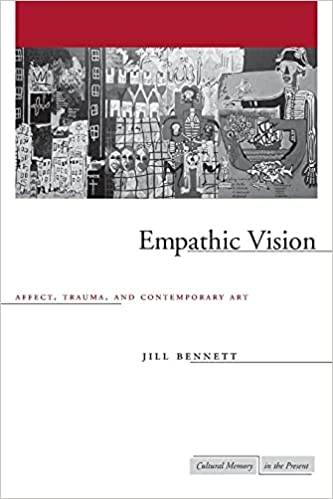
Empathic Vision: Affect, Trauma, and Contemporary Art (Cultural Memory in the Present) by Jill Bennett
This book analyses contemporary visual art produced in the context of conflict and trauma from a range of countries, including Colombia, Northern Ireland, South Africa, and Australia. It focuses on what makes visual language unique, arguing that the “affective” quality of art contributes to a new understanding of the experience of trauma and loss. By extending the concept of empathy, it also demonstrates how we might, through art, make connections with people in different parts of the world whose experiences differ from our own.
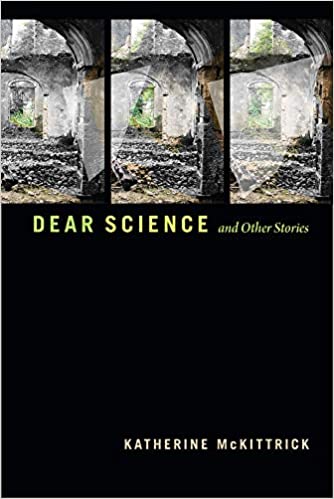
Dear Science and Other Stories by Katherine McKittrick
McKittrick presents a creative and rigorous study of black and anticolonial methodologies. Drawing on black studies, studies of race, cultural geography, and black feminism as well as a mix of methods, citational practices, and theoretical frameworks, she positions black storytelling and stories as strategies of invention and collaboration.
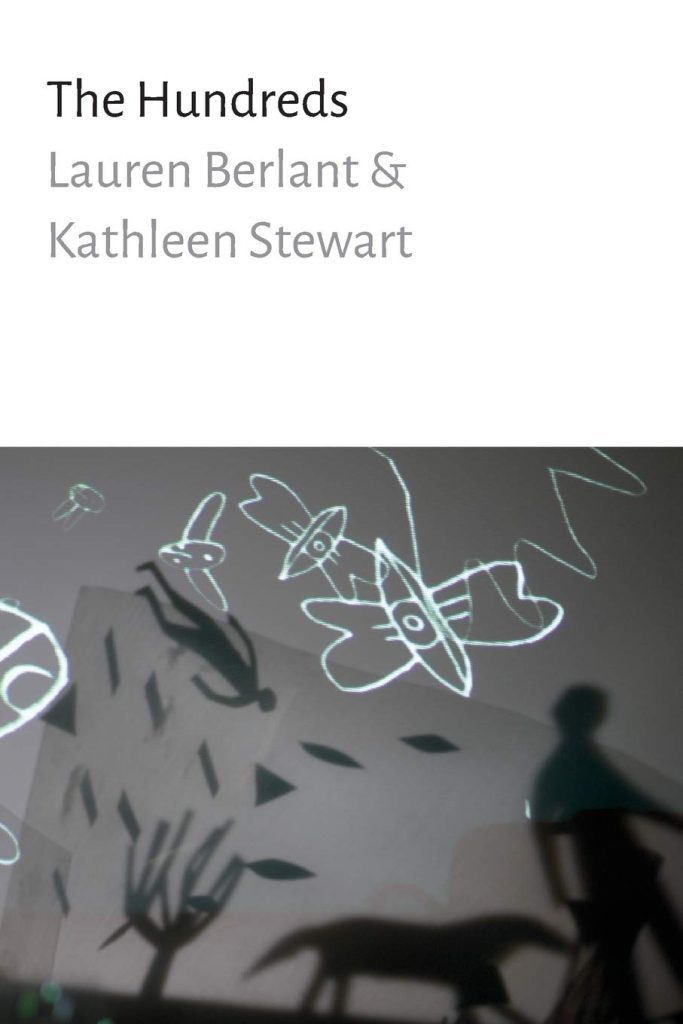
The Hundreds by Lauren Berlant and Kathleen Stewart
Berlant and Kathleen Stewart speculate on writing, affect, politics, and attention to processes of world-making. The experiment of the one hundred word constraint—each piece is one hundred or multiples of one hundred words long—amplifies the resonance of things that are happening in atmospheres, rhythms of encounter, and scenes that shift the social and conceptual ground. What’s an encounter with anything once it’s seen as an incitement to composition? What’s a concept or a theory if they’re no longer seen as a truth effect, but a training in absorption, attention, and framing? The Hundreds includes four indexes in which Andrew Causey, Susan Lepselter, Fred Moten, and Stephen Muecke each respond with their own compositional, conceptual, and formal staging of the worlds of the book.

The Transit of Empire: Indigenous Critiques of Colonialism by Jodi A. Byrd
Byrd explores how indigeneity functions as transit, a trajectory of movement serving as precedent within U.S. imperial history. Byrd contends that the colonization of American Indian and indigenous nations is the necessary ground to reimagine a future where the losses of indigenous peoples are visible, but they have agency to transform life on their lands and on their terms.
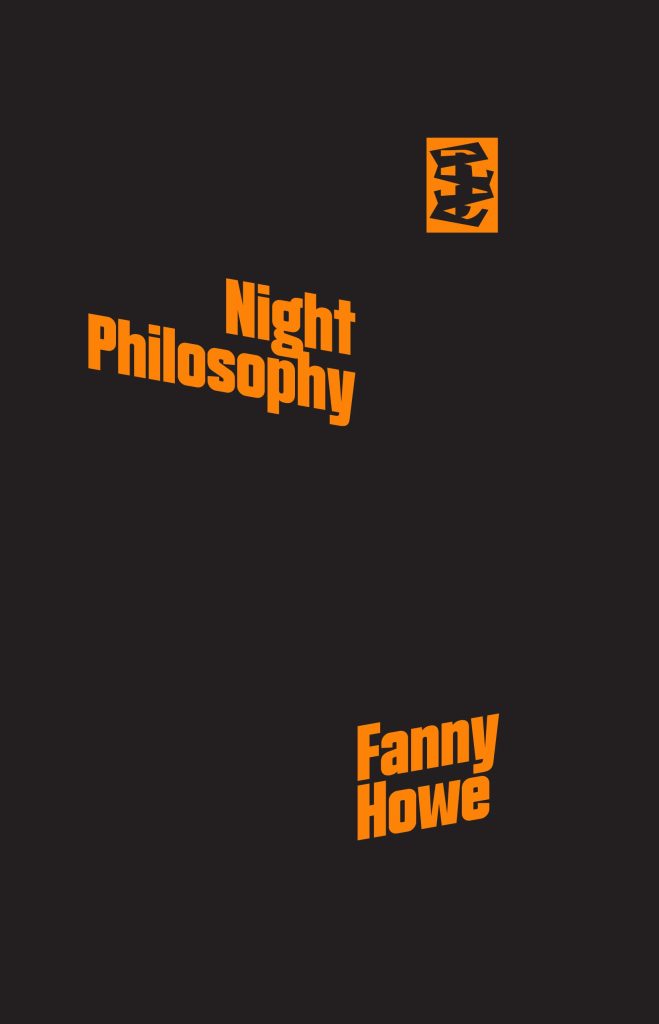
Night Philosophy by Fanny Howe
Night Philosophy is collected around the figure of the child, the figure of the child not just as a little person under the tutelage of adults, but also the submerged one, who knows, who is without power, who doesn t matter. The book proposes a minor politics that disperses all concentrations of power. Fanny Howe chronicles the weak and persistent, those who never assimilate at the cost of having another group to dominate. She explores the dynamics of the child as victim in a desensitized era, when transgression is the zeitgeist and the victim-perpetrator model controls citizens.
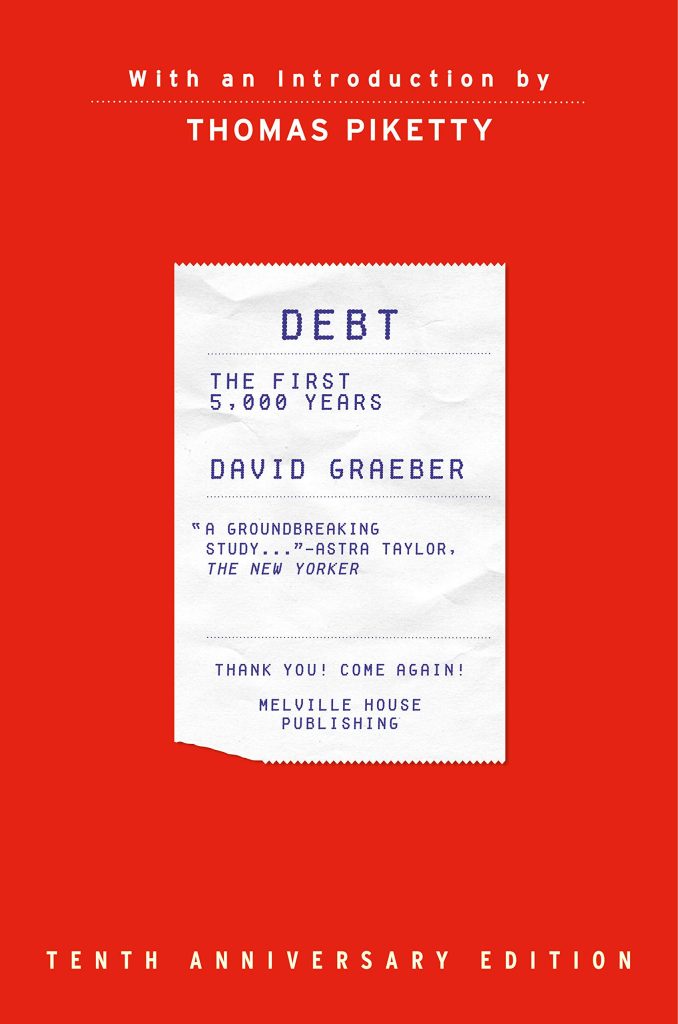
Debt, 10th Anniversary Edition: The First 5,000 Years: The First 5,000 Years, Updated and Expanded by David Graeber
Before there was money, there was debt. For more than 5,000 years, since the beginnings of the first agrarian empires, humans have used elaborate credit systems to buy and sell goods – that is, long before the invention of coins or cash. It is in this era that we also first encounter a society divided into debtors and creditors – which lives on in full force to this day. So says anthropologist David Graeber in a stunning reversal of conventional wisdom.
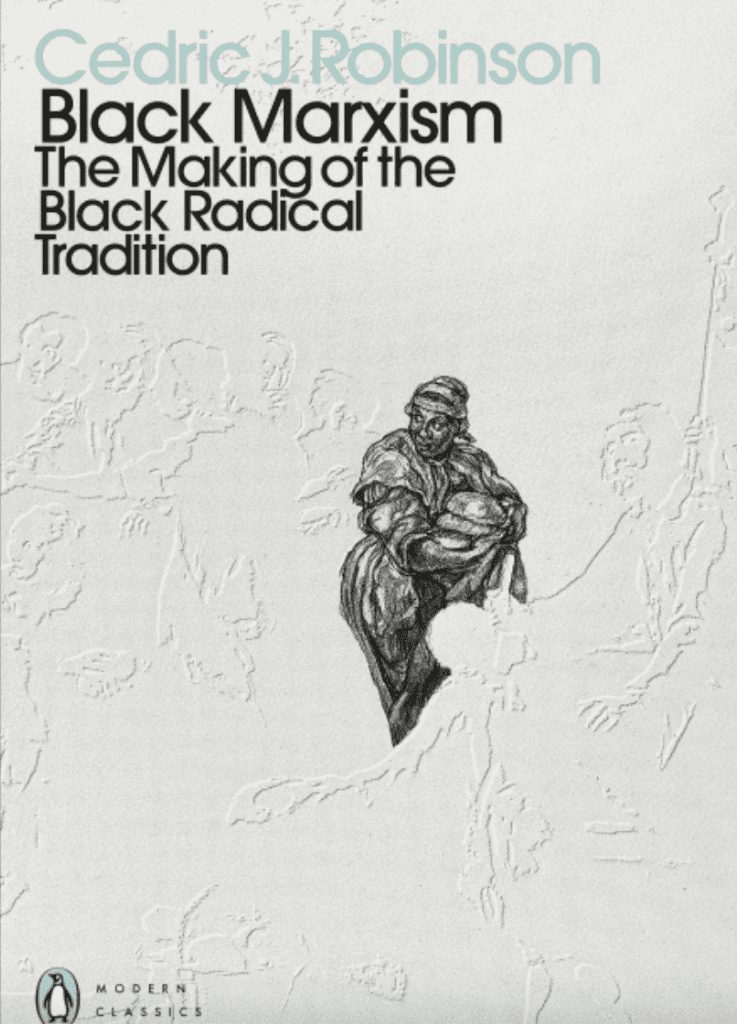
Black Marxism: The Making of the Black Radical Tradition by Cedric J. Robinson
Any struggle must be fought on a people’s own terms, argues Cedric Robinson’s landmark account of Black radicalism. Marxism is a western construction, and therefore inadequate to describe the significance of Black communities as agents of change against ‘racial capitalism’. Tracing the emergence of European radicalism, the history of Black African resistance and the influence of these on such key thinkers as W. E. B. Du Bois, C. L. R. James and Richard Wright, Black Marxism reclaims the story of a movement.
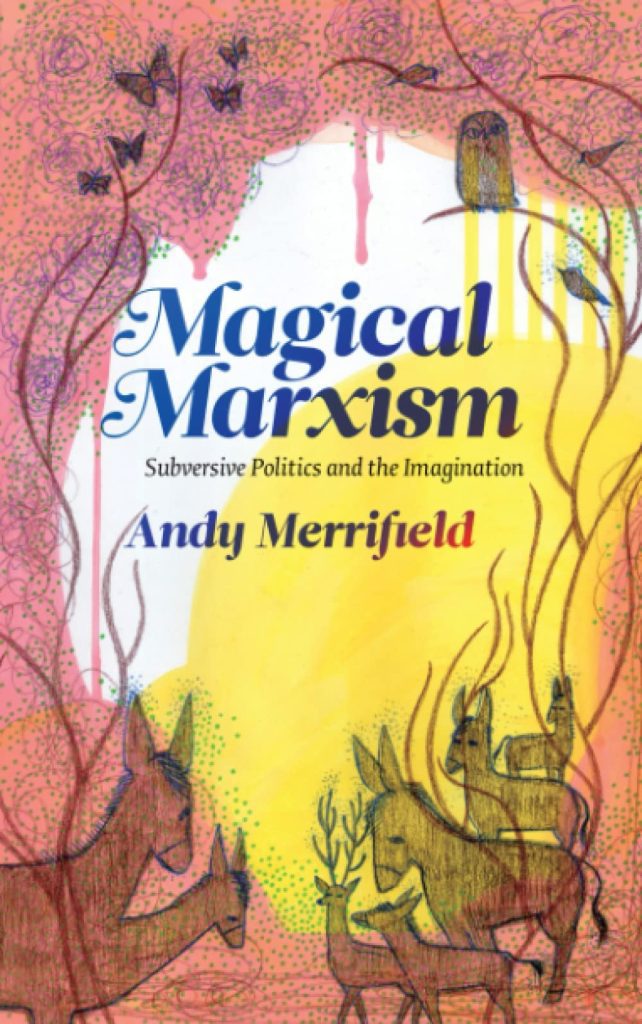
Magical Marxism: Subversive Politics and the Imagination by Andy Merrifield
Demands something more of orthodox Marxism – something more interesting and liberating. It asks that we imagine a Marxism that moves beyond debates about class, the role of the state and the dictatorship of the proletariat. In escaping the formalist straitjacket of typical Marxist critique, Merrifield argues for a reconsideration of Marxism and its potential, applying previously unexplored approaches to Marxist thinking that will reveal vital new modes of political activism and debate.
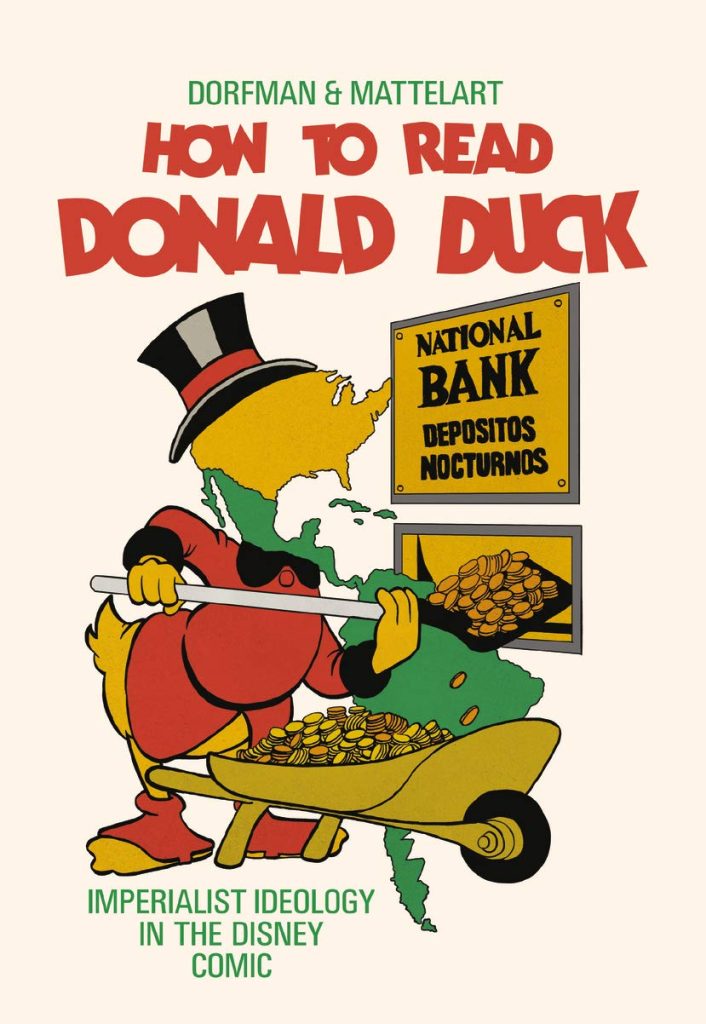
How to Read Donald Duck: Imperialist Ideology in the Disney Comic by Ariel Dorfman and Armand Mattelart
Is Walt Disney that innocent? Why are there no parents in his comic books? How come the natives and savages always give up their riches to the Duck invaders? Why does Donald loved statues and Photo albums? What are Huey, Dewey and Louie doing in Vietnam? The Chilean people began to ask these and other questions in revolutionary Chile in 1970. Published in Chile in 1971 this book has been banned and burned there along with other literature. A product of the political struggle, the book is a profound and imaginative critique of the sacred cow of children’s culture – the Disney myth.

The Incredible Scream Machine: A History of the Roller Coaster by Robert Cartmell
In 1984, America celebrated the one hundredth anniversary of the first successful roller coaster device – La Marcus A. Thompson’s switchback railway – erected at Coney Island. Although more than a century has gone by, the literature of the amusement park and its history is still in its infancy. Robert Cartmell examines every phase of roller coaster history, from the use of the roller coaster by Albert Einstein to demonstrate his theory of physics, to John Allen’s use of psychology in designing one.
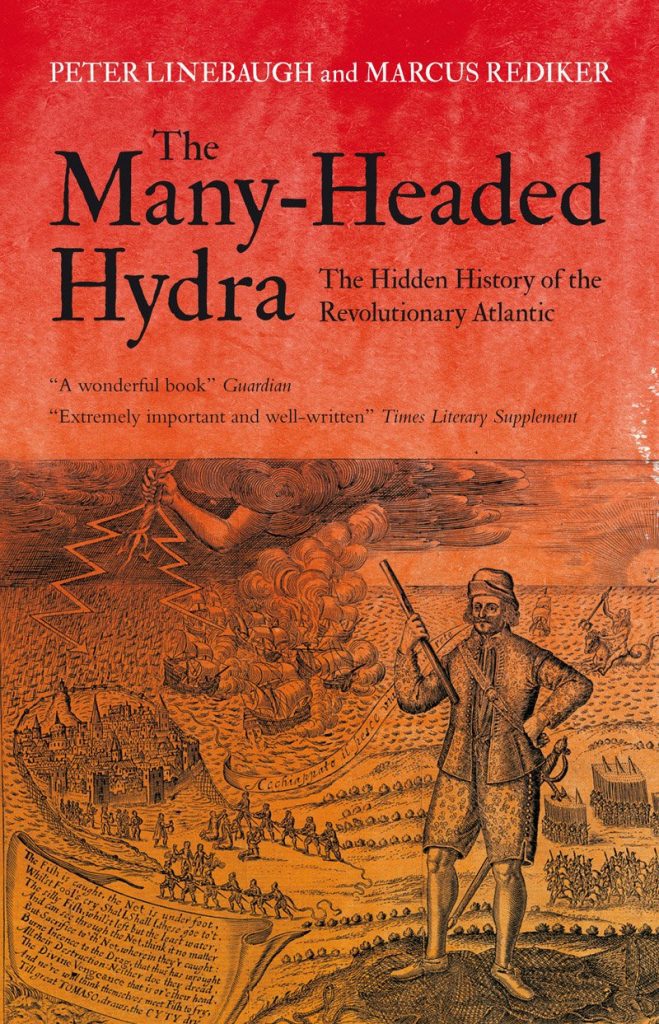
The Many-Headed Hydra: The Hidden History of the Revolutionary Atlantic by Peter Linebaugh and Marcus Rediker
Long before the American Revolution and the Declaration of the Rights of Man, a motley crew of sailors, slaves, pirates, laborers, market women and indentured servants had their own ideas about freedom and equality, ideas that would change history. Marshaling lost stories unearthed over a decade of original research, THE MANY-HEADED HYDRA recounts the role of these forgotten revolutionaries in the making of the modern world.
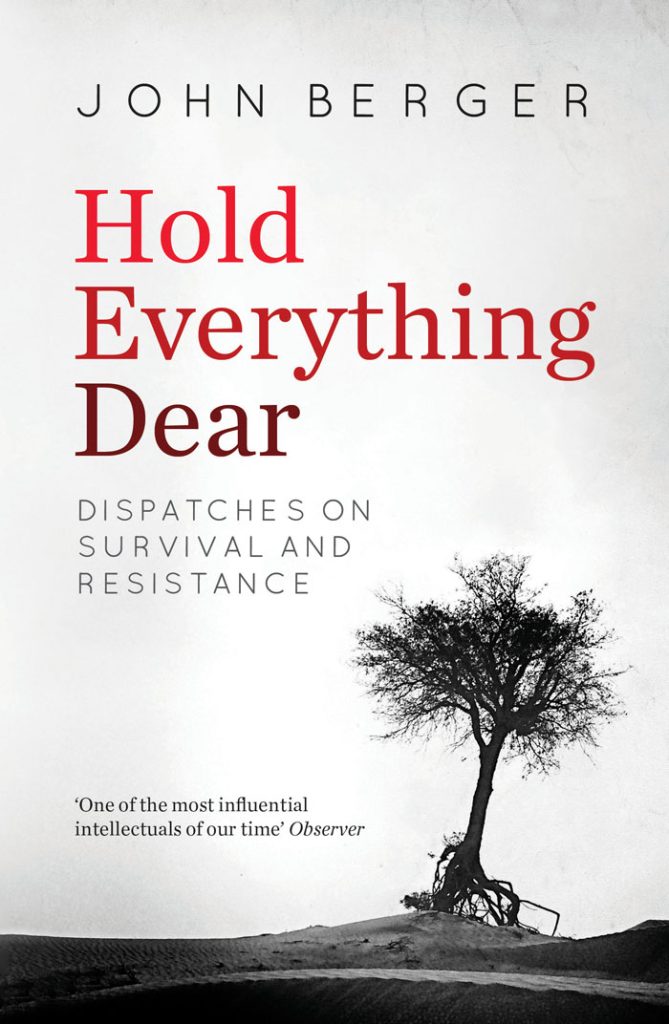
Hold Everything Dear: Dispatches on Survival and Resistance by John Berger
From the War on Terror to resistance in Ramallah and traumatic dislocation in the Middle East, Berger explores the uses of art as an instrument of political resistance. Visceral and passionate, Hold Everything Dear is a profound meditation on the far extremes of human behaviour, and the underlying despair.
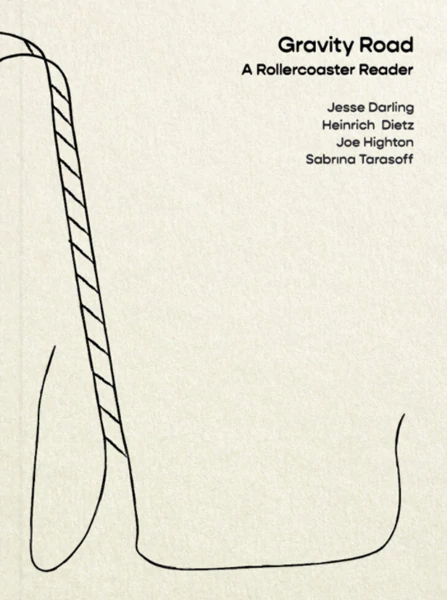
Gravity Road: A Rollercoaster Reader. Contributions by Jesse Darling, Heinrich Dietz, Joe Highton, Sabrina Tarasoff
Gravity Road: A Rollercoaster Reader explores the entangled history of labour, leisure, extraction and entertainment. Jesse Darling’s sculptures, drawings and installations address the fallibility, fungibility and mortality of living beings, systems of government, ideologies and technologies – nothing is too big to fail. For their exhibition at Kunstverein Freiburg in 2020, Darling created a sculpture of a dysfunctional roller coaster, broken down to a child-like scale, becoming an anti-monument to a modernity that celebrates progress, acceleration and mastery and produces violence. This sculpture was also featured in Darling’s 2022 exhibition at Modern Art Oxford, No Medals No Ribbons.
